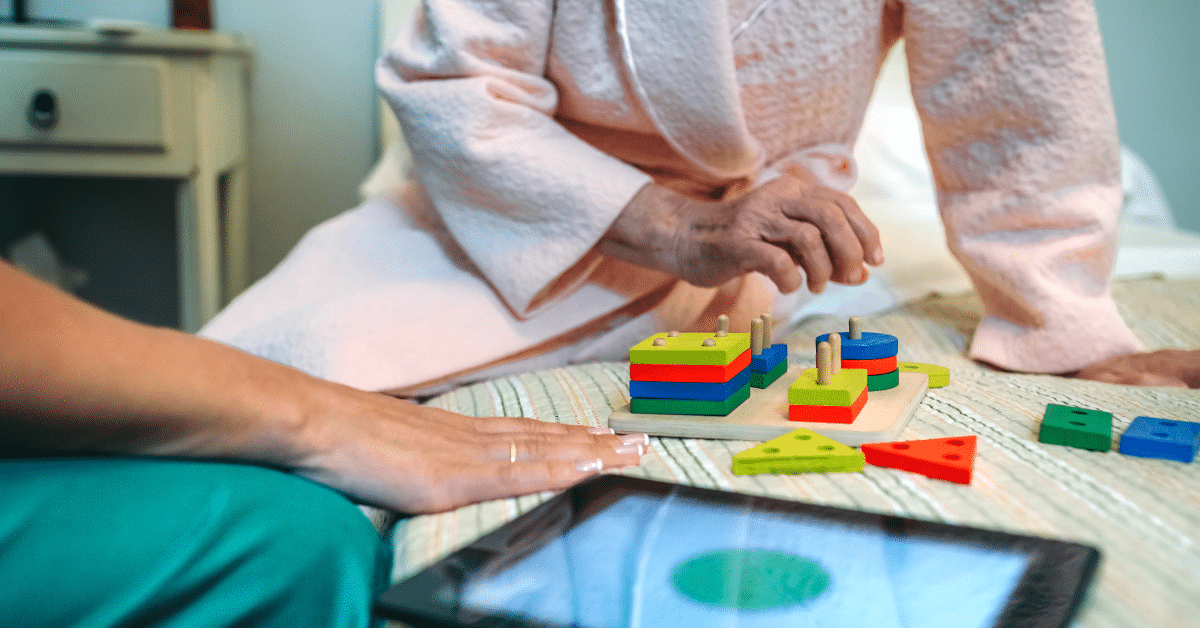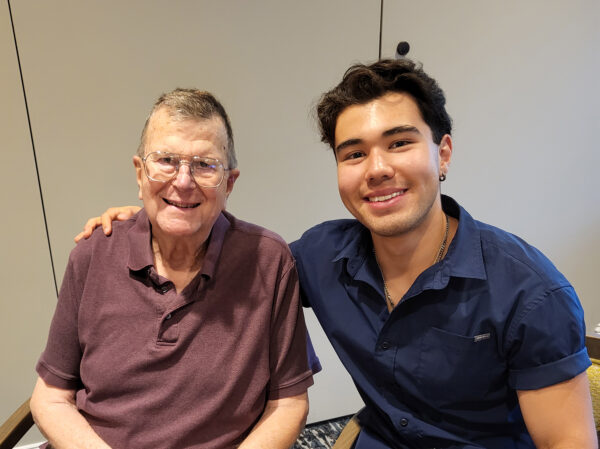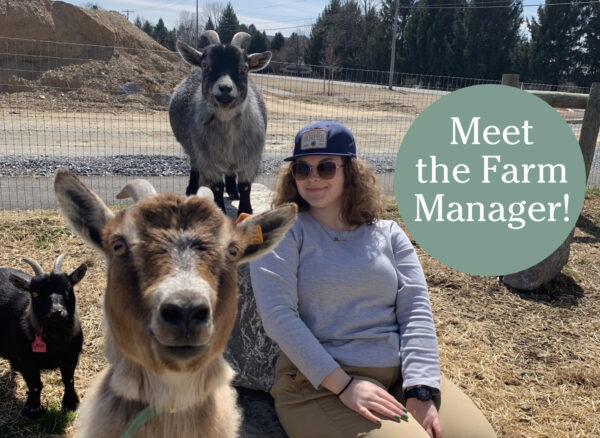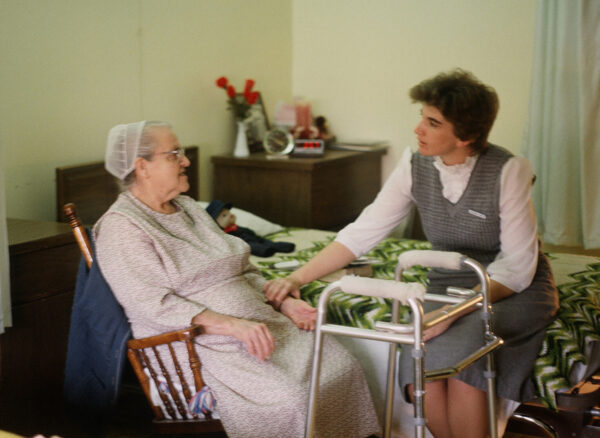World Alzheimer’s Month Reminds Us How Important Memory Care is to Life Planning
When most people start to focus on the pressing health concerns facing their aging parents or loved ones, they usually think about mobility challenges or illness issues, not memory problems.
That’s why Alzheimer’s Disease international began partnering with the World Health Organization in 2011 to designate September as World Alzheimer’s Month. Dementia can sometimes be overlooked when it comes to life care planning for older adults, but as it and Alzheimer’s Disease become more common later in life, all seniors and their children should be accounting for it in their life plans.
What is Dementia?
Dementia is a common name for a variety of memory disorders—including Alzheimer’s Disease—that can affect more than just memory. Patients with these cognitive disabilities can experience changes in thought processes, behavior, and emotions. Dementia can produce different symptoms and experiences with each patient, but nearly all patients will eventually need help with the everyday aspects of their daily life. Nearly 50 million people live with dementia worldwide, and that number is expected to triple by 2050.
At Pleasant View Communities, we provide compassionate and specialized memory care and help treat the symptoms and problems associated with Alzheimer’s Disease and other dementia-related conditions that affect memory. We are dedicated to ensuring that every individual is valued, and so we make a point to focus on what remains not on what has been lost.
How Memory Care Differs from Other Care Options
Our Memory Care programs are specifically designed for patients dealing with Alzheimer’s Disease and dementia-related illnesses. Like other retirement care services, Memory Care offers long-term housing, medication management, meal services, and daily activities. However, the Memory Care program is designed specifically for those with memory disorders. One feature of this program is developing relationships with program participants and creating an environment that establishes a sense of familiarity and security.
Memory Care patients participate in various memory-enhancing activities such as outdoor programs, pet visitations, music therapy, aromatherapy, and hands-on crafts to help spark memories, ease tensions, and create positive changes in mood.
The Memory Care Team
Our Memory Care staff are experienced with the very particular needs associated with memory loss and cognitive disorders. Dementia patients can experience disorientation, confusion, emotional changes, and display combative behavior. While some care facilities do not recognize these symptoms as they emerge or are not equipped to handle them if they do, the team at Pleasant View understands the changes and challenges facing patients and their families.
Quality Memory Care provides:
- A safe and secure environment
- Thoughtful design with brightly lit and well-defined spaces
- A dedicated and specialized staff
- Individual patient-centered care
- Mind-engaging physical and mental activities
Why Memory Care is So Important for a Senior Living Community
For many patients in retirement living, memory loss and a declining ability to complete daily tasks are often mistaken as nothing more than the signs of aging. While dementia is certainly more common among older adults, it is not necessarily related to age. Genetics and lifestyle choices are perhaps the largest factors in developing these specific cognitive disabilities later in life. Creating a care plan before dementia takes hold is ideal.
When choosing a care facility, you’ll want to be sure to ask about:
- Staff training and patient-to-staff ratios
- Safety and security measures
- Increasing levels of care
- Coordination of care with the treatment team
Pleasant View Memory Care Services
Pleasant View has two living areas specifically designed for residents with dementia or dementia-related illnesses – The Meadows and Reminiscence. These facilities have been thoughtfully designed to create a familiar environment and feature bright lighting, designated spaces, and reduced stressors such as loud background noises. These designs also help reduce confusion and anxiety which can lead to wandering, however, each living area is also secure, so residents cannot leave or enter the facilities unnoticed.
While memory care itself is often an escalated level of care in retirement communities, Pleasant View offers two levels of care within the Memory Care program.
The Meadows at Terrace Gardens is ideal for persons with mild memory impairment. At The Meadows, we motivate residents to be as active and independent as possible while providing a personalized and purposeful structure and routine. Residents are encouraged to be active and independent while receiving assistance from our trained team. Residents also participate in a wide variety of indoor and outdoor activities to stay active and engaged, while specialized programs help stimulate mental acuity and physical activity and increase social interaction.
When more memory care is necessary to continuing life skills, we recommend taking up residence in one of the private rooms or semi-private suites at our Reminiscence facility. At this location, specialists in memory support provide skilled care for residents experiencing challenges with the tasks of daily living. At Reminiscence, activities are designed around mental engagement, physical activity, and socialization. To this end, we encourage pet visitations, music therapy, aromatherapy, and hands-on crafts to help spark memories, ease tensions, and create positive changes in mood.
Our knowledgeable and compassionate Memory Care staff not only cares for residents but involves family and caregivers, offering support and education through individualized care plans and educational programming and resources.
Prioritize Planning with Pleasant View Communities
As the need for specialized memory care continues to increase, providing quality memory care is more important than ever. That’s why Pleasant View has made it a priority and has a dedicated team of professionals available to help you or your loved one around the clock.
In our opinion, quality memory care and senior living communities go hand-in-hand. While not every person with a cognitive disability is retirement age, Alzheimer’s Disease and dementia are certainly prevalent in older populations. Consider speaking with one of our onboarding specialists to help develop your life care plan and to learn more about how memory care and retirement living work together.
Give us a call at 717-664-6237 or schedule a tour to get started.




